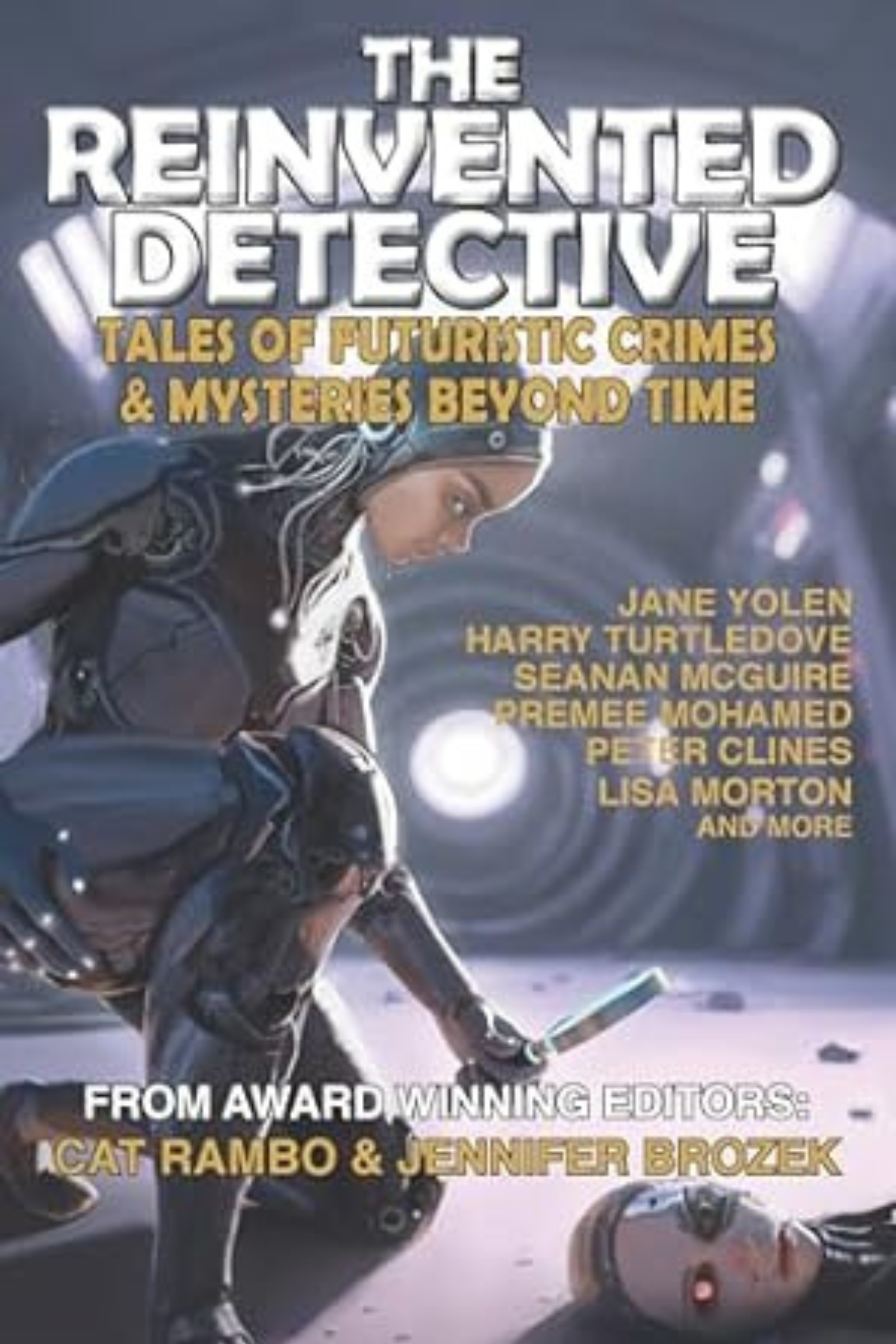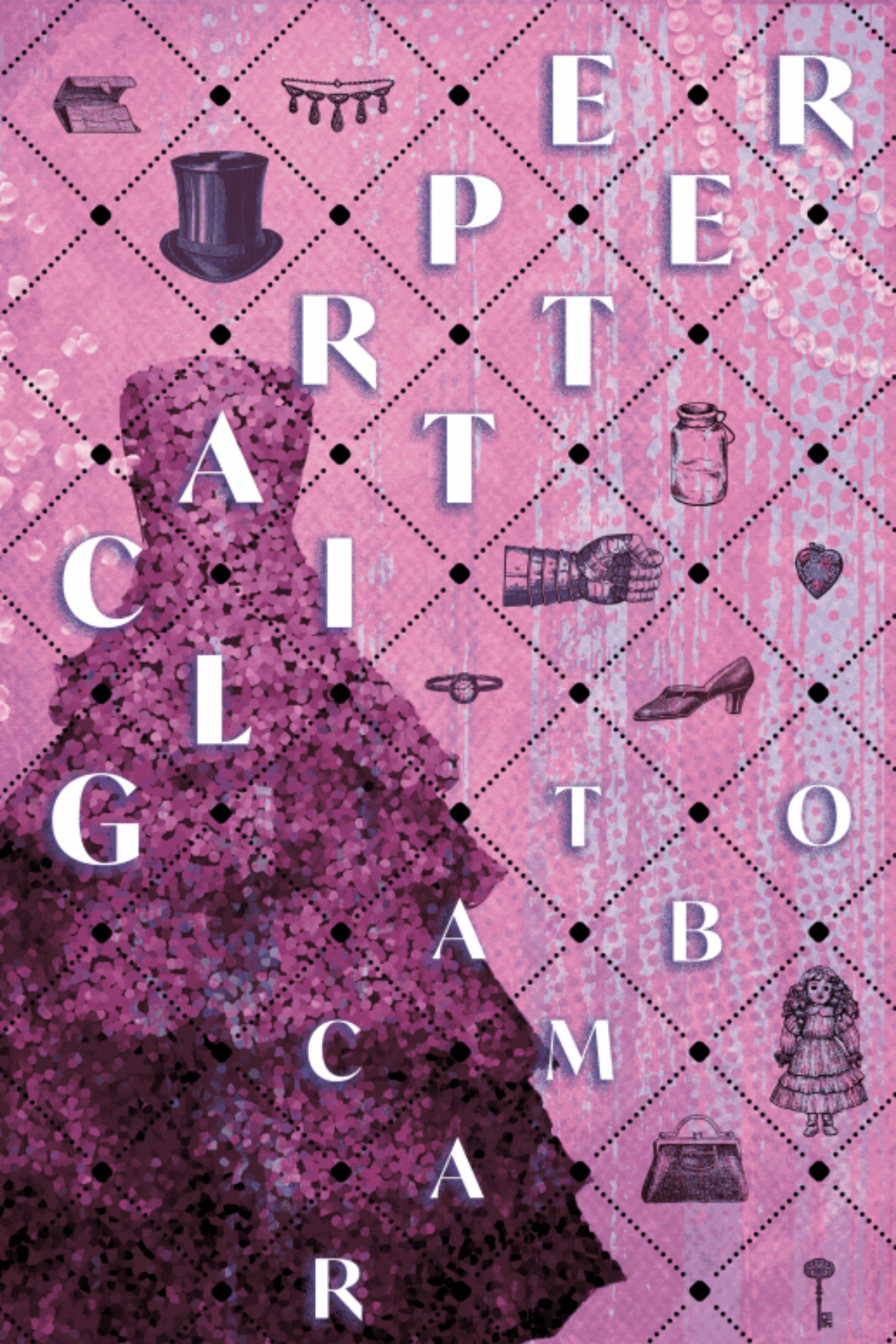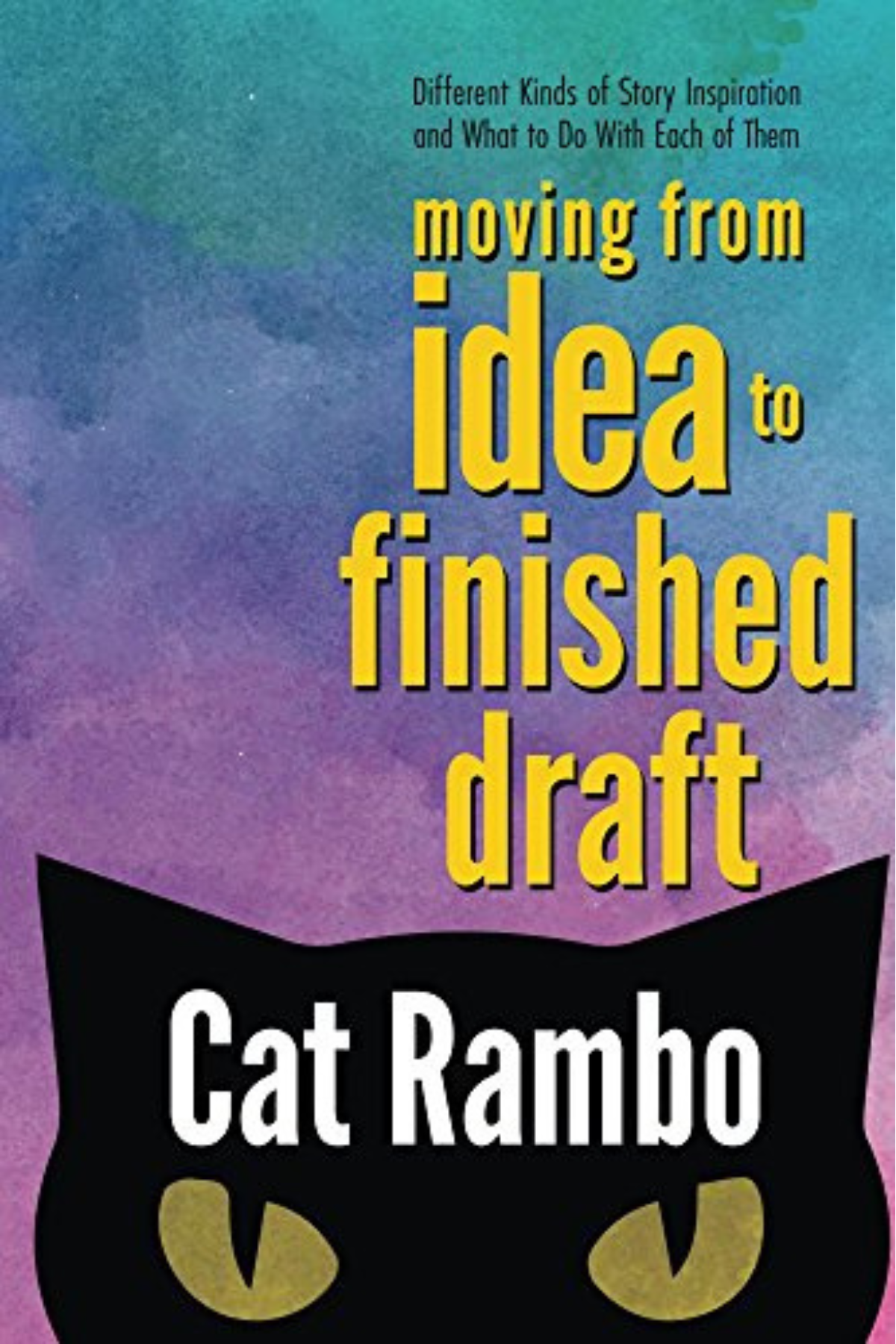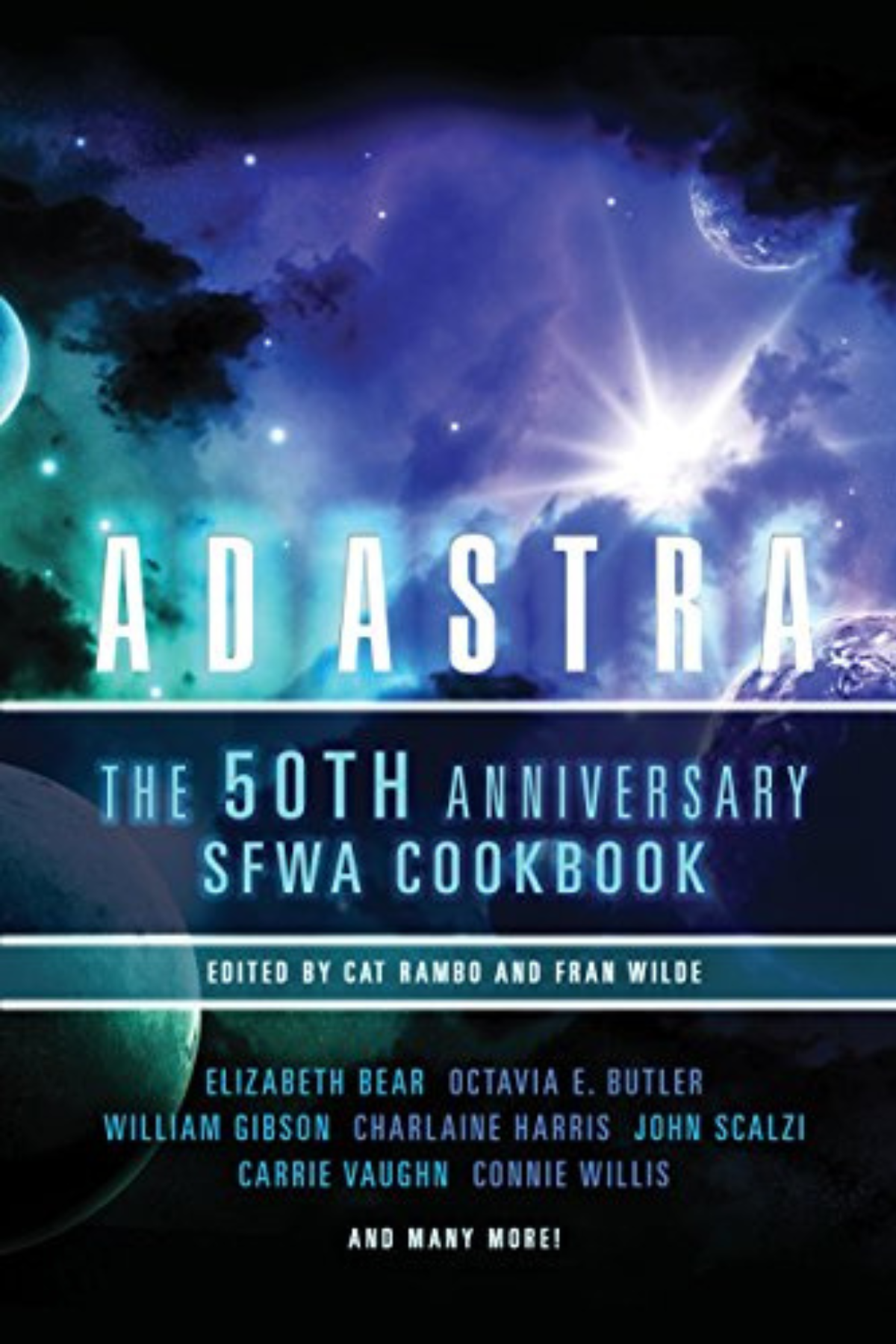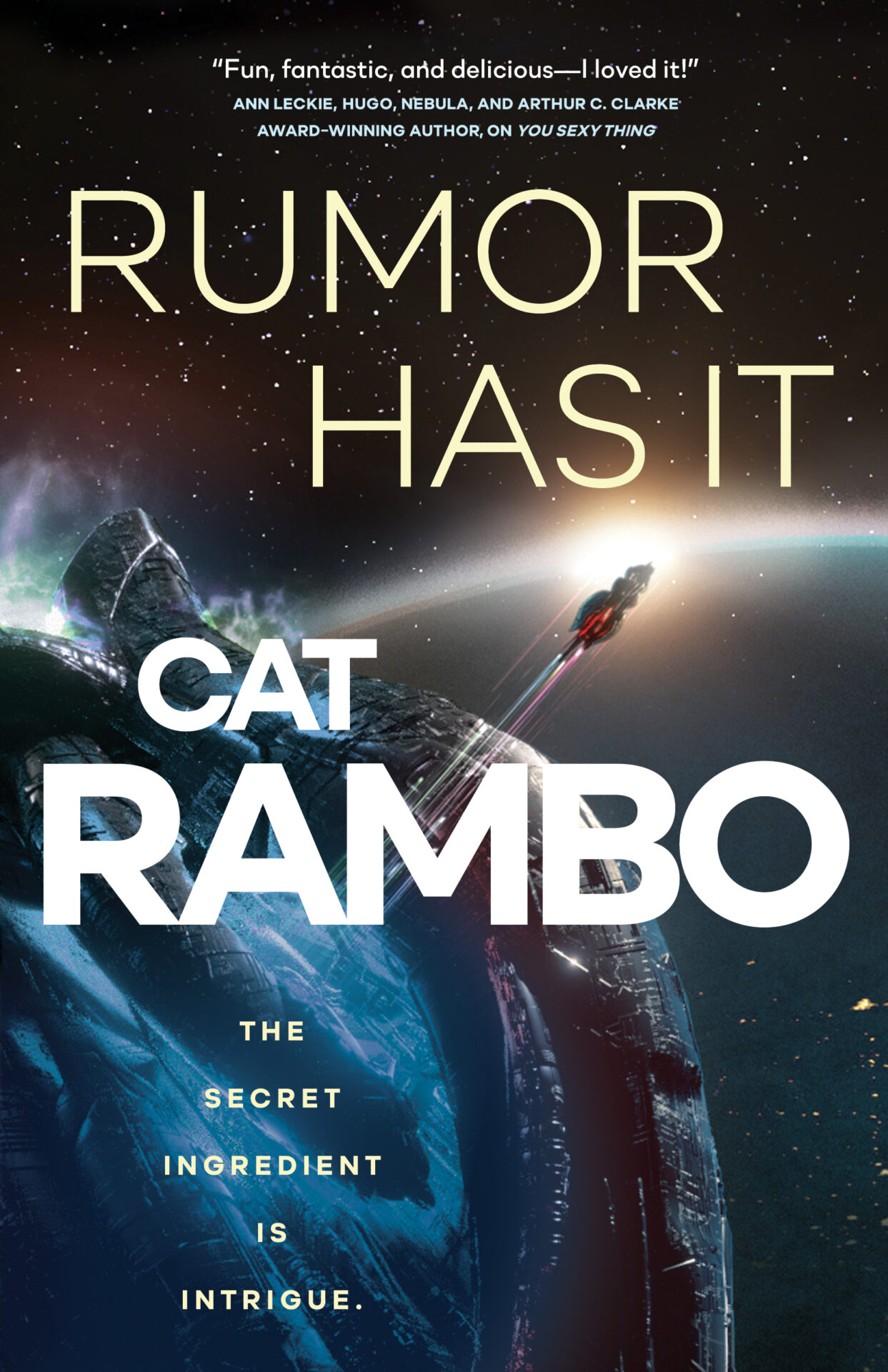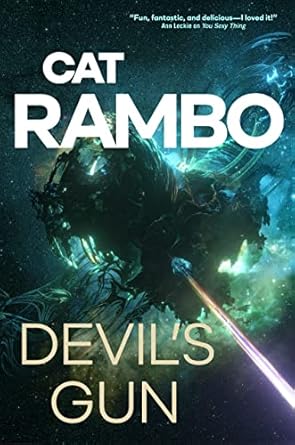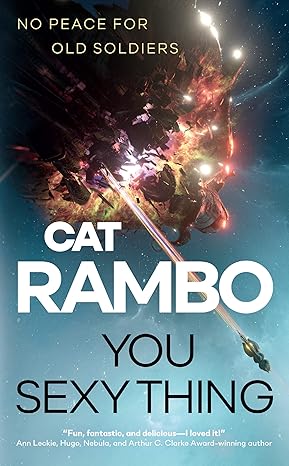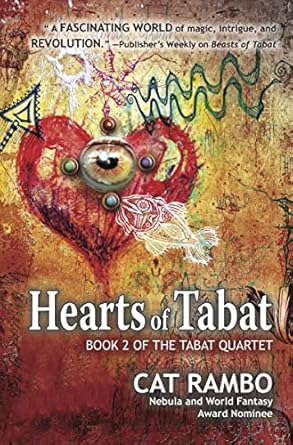Fantasy is quite literally a magical genre, and as a fan, there’s nothing more exciting than seeing that magic brought to life. From epic undertakings like the Lord of the Rings trilogy to dazzling new Netflix series like The Witcher, adapted fantasy has more than proven its entertainment value and staying power in recent years “” which may have some fantasy writers wondering, How can I do that with my book?
Of course, blockbuster dreams shouldn’t be your only motivation; in order to succeed as a fantasy writer, you need genuine passion for your story, regardless of whether it ever hits the big screen. That said, there are definitely some things you can do to make your book more vivid and “cinematic”! Here’s how to strike just the right balance to write fantasy that’s both compulsively readable and potentially watchable.
Create a unique, vibrant world
When writing fantasy, worldbuilding should come before all else. If you don’t lay out your geography, cultures, and magic system(s) first, your storytelling will almost certainly feel thin or haphazard in places. Not to mention that a well-established world is key to a great adaptation: the realm you create will serve as the visual and atmospheric backbone of your show or movie, so make sure it can hold itself up.
You might start by thinking about your world’s predominant beliefs and power systems. What folklore, religious influences, or other major ideas have shaped it, and which might clash and lead to conflict in your story? What group is in power “” or which groups are contending for it “” and what are their motives and ambitions? How have factions arisen within this context, and to which do your main characters belong?
Once you have a strong sense of these elements, you can think more about the “fun” cinematic details: what your world will look, sound, and feel like. Consider your wider setting “” whether that’s a collection of feuding countries or the far reaches of outer space “” as well as smaller ones that will lend your story color. Flesh out what people do on a daily basis: how they work, interact, and take care of themselves, and how all this reflects the society in which they live.
Finally, think about what will distinguish your world from other fantasy worlds. Will it be based on unusual mythology? Will it offer a new aesthetic, or revitalize an old one (as Leigh Bardugo’s Grishaverse, now being adapted as Shadow and Bone, has done for steampunk)? Though cinematic considerations should not take precedence over organic worldbuilding, it never hurts to muse on this sort of thing early on.
Plan rewarding character arcs
Now you’ve hammered out your world, it’s time to fill it with characters that will engage readers and viewers alike. Though some might argue that writing physically attractive characters is the best approach here, those of us who have watched too many shows on The CW will know that even stellar looks can’t make up for poor characterization “” which is why you should focus on strong character arcs instead.
Why highlight character arcs in particular? Firstly, because fantasy tales can easily get lost in their own grandeur. You need human stories to act as an anchor, otherwise people will simply stop caring. And secondly, because at the end of a (usually lengthy) fantasy book or adaptation, readers want to feel the journey was worth it. If your characters don’t end up changed or at least reaffirmed in their principles, people will wonder, what was the point of all that?
To give you a jumping-off point: a strong character arc should intrigue readers from the beginning, giving them a sense of the character’s potential for various outcomes. As the story unfolds, the character will face obstacles “” often in the form of other characters on their own journeys “” and make choices that determine who they become.
The trajectory of this arc depends on what role you want each character to play. For example, you might have a character renounce their previous goals and become an antagonist, moving the story in a brand-new direction. From there, you’d need to work out whether this character will revert or fight it out with the protagonist. But either way, you’ll have the audience deeply invested “” and ultimately rewarded with an exciting, emotional (and yes, cinematic) finale.
Hone your action and dialogue
Action and dialogue are two more crucial elements when writing screen-friendly fantasy. However, there’s a reason this tip reads “hone” rather than “increase” “” though you might be tempted to cram your fantasy with epic battles and rapid-fire dialogue, quality remains much more important than quantity.
When writing action (used here to mean “physically active things the characters are doing”, i.e., not thinking or sleeping) it should be pacy and easy to visualize, yet not overwhelming in its description. Whether your characters are dancing, feasting, or hiking up a mountain, provide just enough detail to conjure a clear image while still leaving some things to readers’ imaginations.
The only exceptions are tide-changing fight scenes, for which you can take a beat-by-beat approach to draw attention to their significance. This scene from Dorothy Dunnett is an excellent case study in descriptive, revealing action; see how she uses long, all-in-one-breath sentences to illustrate the rush of action. Of course, this isn’t the only way to write a good fight scene “” you might find that short, staccato sentences better reflect the punchy combat styles of your characters, or that interspersing the action with dialogue creates more emotional resonance.
Speaking of which, let’s talk dialogue (no pun intended). Like character arcs, this is important in every story, but especially in fantasy; it adds another human element that will keep readers invested. And witty banter is a real breath of fresh air onscreen!
But writing great dialogue is easier said than done. To tackle this challenge with confidence, nail down your characters’ voices before you dive into your story. You can try dialogue-based writing exercises “” or, if these feel too random, write a few prequel stories about what your characters were doing before your central narrative began. Whichever exercise you choose, just remember to really delve into your characters’ minds in order to grasp their distinct voices.
As your story progresses, you’ll be surprised how much your characters have to talk about. Once again, honing is key. Though you can draft as much dialogue as you like, keep only the best lines in your actual book “” not just the clever ones, but those that also enhance characterization or serve the plot. The rest you can save for a rainy day, like the sequel or even the eventual adaptation, which will likely place more emphasis on dialogue.
Use plot twists wisely
This article on writing cinematic fantasy would be remiss if it didn’t discuss plot twists. From Snape being a double agent to Gandalf coming back from the dead, a thrilling twist is often the cherry on top of an action-packed fantasy”¦ just be careful not to overdo it. To extend the sundae metaphor, one or two cherries is fine, but more than that and you’ll make your readers sick.
Audiences particularly dislike out-of-nowhere twists, so make sure any twists you do include make sense within the story. If you find yourself throwing in a twist when you haven’t built up to it enough, whether to liven things up or because you feel like you “should, “ stop right there! You might think it’s cinematic, but it’ll only come across as cheap.
That said, it’s fine to come up with a twist at the end of your book, then go back and sprinkle in hints throughout your story “” “mak[ing] it look like you knew what you were doing all along,” as Neil Gaiman advises. You might even devise a twist that could be revealed now, but would have much better payoff down the line. If that’s the case, be patient; your readers will appreciate the strategic mastery of saving the big guns for later books.
And of course, if a bona fide “twist” simply doesn’t suit your story, don’t force it. Books aren’t adapted on the basis of twists alone; people want fantasy tales with wildly original worlds, compelling characters, and creative writing to rival the likes of Jemisin and Le Guin.
Sure, it’s a tall order. But won’t it all be worth it when you’re the showrunner on your very own fantasy series? With these tips in mind, you might just have the next Game of Thrones on your hands”¦ only your ending will be a lot more satisfying.
BIO: Savannah Cordova is a writer with Reedsy, a marketplace that connects authors and publishers with the world’s best editors, designers, and marketers. In her spare time, Savannah enjoys reading contemporary fiction and fantasy, as well as writing short stories.
If you’re an author or other fantasy and science fiction creative, and want to do a guest blog post, please check out the guest blog post guidelines. Or if you’re looking for community from other F&SF writers, sign up for the Rambo Academy for Wayward Writers Critclub!
 Frank Herbert isn’t the only author I owe a debt of gratitude. My novel Dragons Walk Among Us is a young adult urban fantasy written in first person present tense. I never would have considered such an undertaking when I first found the stick-to-it-iveness to sit down and crank out words. That was before I read The Hunger Games by Suzanne Collins. I admit I found the style a bit off-putting initially, but I quickly warmed up to the immediacy the technique gives Katniss Everdeen’s adventure. When I first started writing in first person present tense, I wasn’t sure what to expect. I feared I’d find the first person narrative limiting and the present tense aspect hokey. Not the case at all. Turns out, it’s a heck of a lot of fun.  If it wasn’t for Suzanne Collins’ example, I never would have even considered experimenting with the technique.
Frank Herbert isn’t the only author I owe a debt of gratitude. My novel Dragons Walk Among Us is a young adult urban fantasy written in first person present tense. I never would have considered such an undertaking when I first found the stick-to-it-iveness to sit down and crank out words. That was before I read The Hunger Games by Suzanne Collins. I admit I found the style a bit off-putting initially, but I quickly warmed up to the immediacy the technique gives Katniss Everdeen’s adventure. When I first started writing in first person present tense, I wasn’t sure what to expect. I feared I’d find the first person narrative limiting and the present tense aspect hokey. Not the case at all. Turns out, it’s a heck of a lot of fun.  If it wasn’t for Suzanne Collins’ example, I never would have even considered experimenting with the technique. BIO: Dan Rice has wanted to write novels since first reading Frank Herbert’s Dune at the age of eleven. A native of the Pacific Northwest, he often goes hiking with his family through mist-shrouded forests and along alpine trails with expansive views.
BIO: Dan Rice has wanted to write novels since first reading Frank Herbert’s Dune at the age of eleven. A native of the Pacific Northwest, he often goes hiking with his family through mist-shrouded forests and along alpine trails with expansive views.








